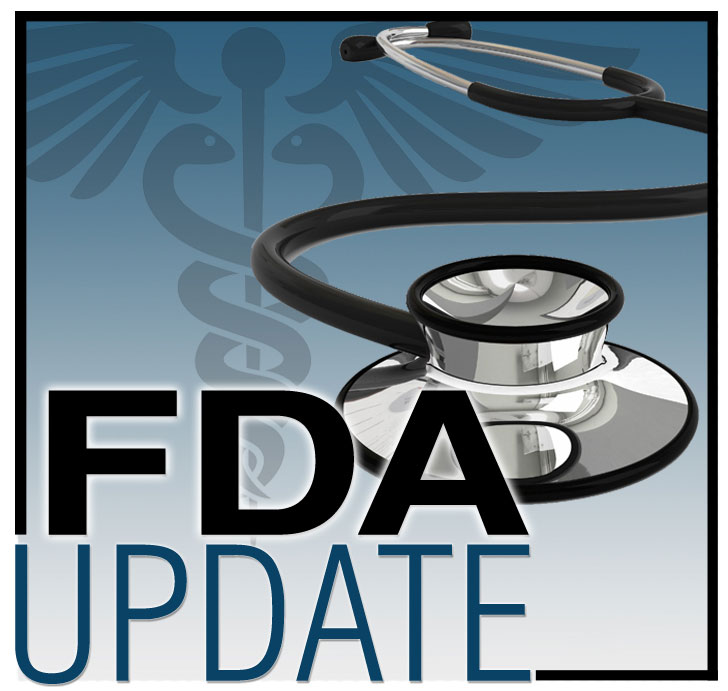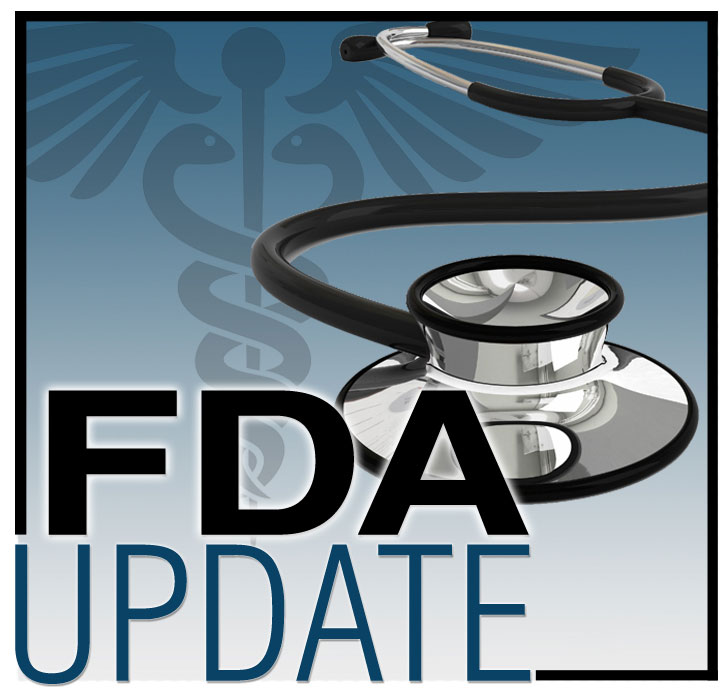Drug Holidays May Improve Therapy for Treatment-Resistant Melanoma

Taking an intentional drug holiday may improve patients’ response to reintroduction of treatment in drug-resistant melanoma, according to the results of a study published in Cancer Discovery.
The Case of the Pain Paradox

Vince was diagnosed with non-muscle invasive, high-grade bladder cancer at age 54 and treated with intravesical Bacille-Calmette Guerin immunotherapy. He stopped smoking and began a consistent walking program.
FDA Broadens Afatinib Indication to Previously Untreated, Metastatic NSCLC

On January 12, 2018, the U.S. Food and Drug Administration (FDA) granted approval to afatinib for a broadened indication in first-line treatment of patients with metastatic non-small cell lung cancer (NSCLC) whose tumors have non-resistant epidermal growth factor receptor (EGFR) mutations as detected by an FDA-approved test.
- Read more about FDA Broadens Afatinib Indication to Previously Untreated, Metastatic NSCLC
- Add new comment
FDA Approves Olaparib for Germline BRCA-Mutated Metastatic Breast Cancer

On January 12, 2018, the U.S. Food and Drug Administration (FDA) granted regular approval to olaparib tablets, a poly (ADP-ribose) polymerase (PARP) inhibitor, for the treatment of patients with deleterious or suspected deleterious germline BRCA-mutated (gBRCAm), HER2-negative metastatic breast cancer who have been treated with chemotherapy either in the neoadjuvant, adjuvant, or metastatic setting.
- Read more about FDA Approves Olaparib for Germline BRCA-Mutated Metastatic Breast Cancer
- Add new comment
Evidence Shows How Music Therapy Can Affect Patients With Cancer

Music has historically been associated with health and healing in cultures around the world. As a therapeutic intervention in patients with cancer, it is used to address physical and psychological symptoms. The sessions are tailored to meet patients’ individual needs and abilities and can involve listening to, writing, performing, or discussing music and lyrics, guided by a trained therapist. Although music does not affect the disease itself, it produces more immediate effects compared to pharmacologic agents, has a positive impact on mood, and strengthens patients’ ability to cope.
ONS Members Share Resources, Experiences With Philippine Colleagues

Cancers are never confined by borders. For most disease types, the ones seen in clinics and institutions throughout the United States are the same found in other first-, second-, and third-world countries. The realities facing cancer, treatments, and patient outcomes are often challenging to address no matter where you live, and it’s one of the many common threads that tie oncology professionals together the world over.
How Nurse Practitioners Are Enhancing the Oncology Workforce

With improved early detection guidelines and techniques as well as advancing cancer treatments, cancer is now a chronic disease in an already aging population. In addition, the Affordable Care Act expanded healthcare coverage to millions of previously uninsured Americans, increasing the need for medical services. With these trends in health care, nurse practitioners (NPs) are needed at the forefront to positively impact and enhance oncology care.
Most Americans Are Unaware of Key Cancer Risk Factors

According to results from the first National Cancer Opinion Survey of 4,016 U.S. adults, the majority of Americans are unaware of several major risk factors for cancer, particularly obesity, which is the second-largest preventable cause of cancer in the United States, after smoking.
What Competencies Are Required for Oncology Nurse Generalists?

Oncology nursing is rapidly evolving specialty. Nurses need to stay on top of a complex technologic environment, ever-changing science, and rapid assimilation of research into practice. In doing so, they attain and maintain a high level of competency to adequately and safely care for people with cancer.
Prevent Physical Injury Through Safe Patient Handling

Every job has its perils, and some of those perils are more pronounced than others. For nurses, professional hazards range from dangerous chemical exposure to workplace violence, to severe back and arm injuries, and everything in between. In fact, National Public Radio reported that more than 35,000 nursing professionals experience back and body injuries every year.





